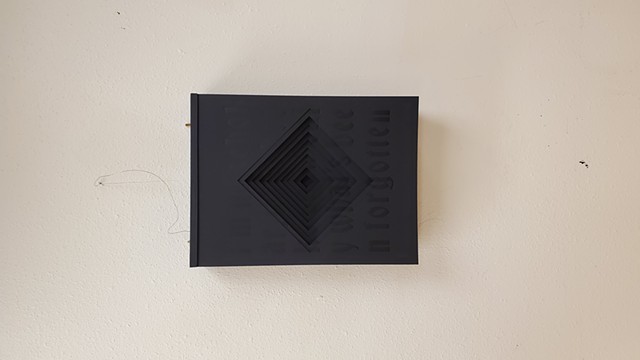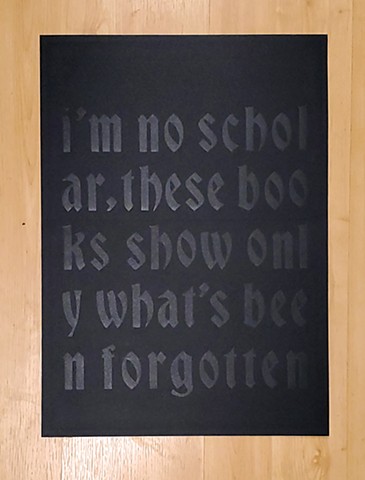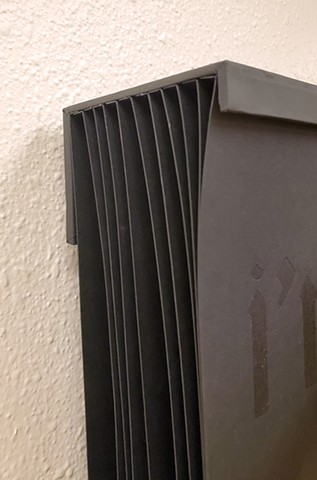Daniela Del Mar
Daniela Del Mar
Website: danieladelmar.com
Instagram: @poppychulx
Bio: daniela is a multidisciplinary artist, activist, and educator whose work blends traditional print processes with bilingual poetry + social practice. They center queer and marginal spaces to facilitate connection beyond borders in text-based work, collaborative practices, and book arts.
Raised in a mixed, multi-gen immigrant family in Nashville, their letterpress work hangs on the edges of cultural, poetic, and concrete type forms. In 2013, they co-founded letra chueca press, the only Latinx-owned print shop, and the Poetry Salon Broadside Project at Reed College, in Portland, Oregon.
Their prints have been shown at The Poetry Foundation in Chicago, El Museo de Arte Contemporáneo Parque Forestal en Santiago de Chile, and throughout the Portland Metro Area. daniela is the recipient of Golden Spot Award at Caldera Arts (2018), funding for gotxs :: antojos sureños [an exhibition of South American graphic art + food traditions] through RACC in 2019, as well as their 2020 Support Beam initiative.
Other hobbies of theirs include seeing the ocean at every opportunity, gardening with their sweetheart, and starting (but infrequently finishing) renovation projects at their home in Portland, Oregon.
Artist Statement: The book is a record, but whose? Both an homage to the tradition of bookbinding and a critique of the historical canon, "a t - a - l o s s"* explores the tension between presence and absence. The exposed nature of this concrete book poem confronts the reader with a missive, both printed and cut away.
With confrontation, there is opportunity. And with opportunity, a call to act.
What could change if, instead, we started by centering the margins?


